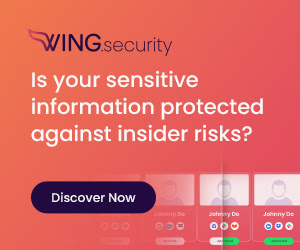May 01, 2024Security Awareness Training
There's a natural human desire to avoid threatening scenarios. The irony, of course, is if you hope to attain any semblance of security, you've got to remain prepared to confront those very same threats. As a decision-maker for your organization, you know this well. But no matter how many experts or trusted cybersecurity tools your organization has a standing guard, you're only as secure as your weakest link. There's still one group that can inadvertently open the gates to unwanted threat actors—your own people. Security must be second nature for your first line of defense For your organization to thrive, you need capable employees. After all, they're your source for great ideas, innovation, and ingenuity. However, they're also human. And humans are fallible. Hackers understand no one is perfect, and that's precisely what they seek to exploit. This is why your people must become your first line of defense against cyber threats. But to do so, they need to learn how to defend thems





